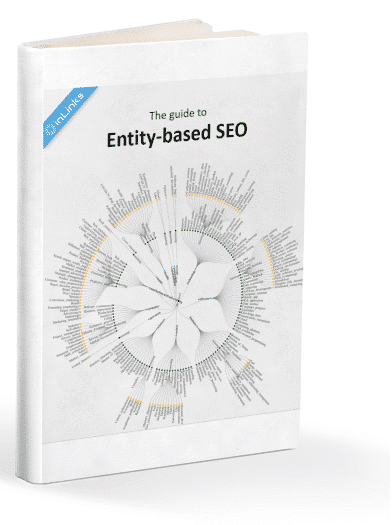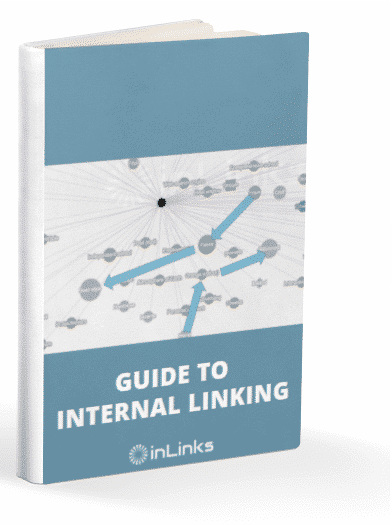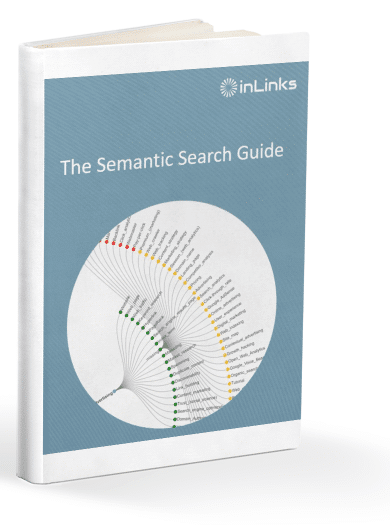An insight into how effective methods of search engine optimization has the potential to widen participation to higher education.
In this post I will outline the evidence surrounding the relative success of entity identification within the education sector and will delve deeper into what this means for higher education on the whole. Why is Google’s machine learning on ‘University Courses’ (InLinks, 2020) so relatively successful when it comes to the Education Sector? Is this something that only the top universities are aware of? Can an industry wide knowledge of search engine optimisation positively impact widening participation?
What is search engine optimisation (SEO)?
This term is used to describe the process of “store[ing] and analyz[ing] search engine data in order to provide recommendations to improve visibility of a website or a webpage in search engines” (Park et al, 2015). Put simply, it’s the way Google recognises and categorises what you are searching and finds which pages it believes are most relevant to you. For example, If I were to type in “linguistics degree”, the first University to show up in google is York offering their BA Hons in linguistics (York, 2020). This will drive traffic to York’s website as its visibility makes for ease of access- potentially resulting in a higher application rate. If Google cannot recognise the language or ‘entities’ on your website, it will not offer it to people who search for concepts relating to yours.
Effective SEO for university courses means that the first impression prospective students experience of a particular course will be from those who have adhered to the rules of Google and used it to their advantage. If the first impression is exclusively the very top universities, a certain sense of elitism may immediately be associated with a course resulting in a lower interest from prospective students from lower socioeconomic backgrounds (Bekhradina, 2003. P.13) negatively impacting any widening participation efforts being made by governments or universities themselves. This can happen even if there are many similar or more suitable degrees being offered by less elitist institutions, as the content in their webpage just isn’t being written effectively.
How effective are universities at SEO?
A recent industry report from Inlinks (Laurent, 2020) has suggested that Google’s machine learning in the Education sector, when given the sector focus of ‘University Courses’ is far higher than the average across all other analysed industry sectors. With 34.6% of entities being positively identified compared to an all-industry average of 20.3%, it is clear that the ways in which universities market themselves make it easy for search engines to comprehend and surface relevant pages. However, this does not necessarily mean that they will appear at the top of a search engine. There are two main reasons for this figure to be so high. The first is the nature of the Education Sector and how it is constantly in high consumer demand. It is clear that “the more demand there is by consumers within a given sector, the more the need for search engines to apply more sophisticated entity recognition to better answer user queries” (Laurent, 2020. p1). This means that regardless of if universities are effectively reviewing their content, Google is making a greater effort to recognise more significant entities within the sector as a whole.
The second reason for this high sector average is that “the more sophisticated the industry is in creating search-friendly content, the more search engines can surface topics and concepts” (p2).
A third reason may be that education, as a sector, could be a “Your money or your life” (YMYL) market. YMYL is a term coined by Google in their User rater quality guidelines (Google, 2020), where searchers are likely to face more important life consequences if they were to make a bad decision based on Google’s search results. In these cases, Google may spend more resources curating their understanding of topics in these fields, to reduce the likelihood of this.
It is hard to know if the high average is benefiting more from reason 1, 2 or 3, but it is easy to recognise that a better understanding of how Google uses language is essential to university courses being inclusive for and accessible for all.

What is widening participation and why is SEO a unique, cost-effective and relevant method of achieving it?
Widening participation includes the measures put in place to emphasise the equality of opportunity, irrespective of class, race or gender. It is the overall aim to create a fairer society and lessen the impact of unjust social and economic disadvantages. Here follows a quote from the Budapest Declaration of the Council of Europe:
“a new strategy for social cohesion promoting a more tolerant and just
European society based on solidarity shared values and a common cultural heritage; education for democratic citizenship as a lifelong experience fostering active participation of Europeans in all spheres of life; extensive use of information and communication technologies maximising their educational potential” (Rougaas, 2001, p. 10).
By making your course available, visible and accessible to prospective students from the very first step of their journey into discovering higher education, you are immediately eliminating any unwanted narrative that a Google search carries. SEO used in this way, with the extensive knowledge of lnLinks and the industry reports which delve into the mechanics of language and the internet can be a cost-effective way of making sure your web page is seen and therefore accessible regardless of if you have the prior knowledge of it.
A huge problem of access to higher education is the narrative those from lower classes and less prestigious institutions consistently receive, dissuading them from even exploring the possibility of university education. Unlike in those institutions who boast high acceptance rates into Russell groups, most schools may not get any information about university courses whatsoever over the course of their primary and secondary education. This puts immense pressure on universities to appropriately use and fund outreach officers to travel to any people whose background means they are at a disadvantage with the knowledge surrounding higher education. By making a web page visible for more universities regardless of their rankings, universities will be enabling a wider and more accessible repertoire of knowledge for those who would otherwise have to actively and painstakingly search for the content they want. This method could help those who need geographical specific university courses due to being carers, or those who only know the vague parameters of their area of study and need clarification or options that suit their grade predictions.
In conclusion
The greater understanding Google has on the entities surrounding the Education Sector presents an opportunity for universities to positively impact their widening participation schemes. I propose that this wealth of knowledge and options to various courses around the country will positively impact widening participation schemes within universities through making their courses accessible to a greater variety of people. An understanding and manipulation of Google’s entity recognition algorithms has the potential to lessen the incredible inequality and misrepresentation still present in higher education.
References:
- Park, L. S., Yu, J., Yu, S., & Liao, L. (2015). U.S. Patent No. 9,116,994. Washington, DC: U.S. Patent and Trademark Office.
- York, U. (2020). BA (Hons) Linguistics. Retrieved 16 April 2020, from https://www.york.ac.uk/study/undergraduate/courses/ba-linguistics/
- Laurent, F. (2020). Google’s understanding of the Education sector. Retrieved 16 April 2020, from https://inlinks.net/en/reports/seo-case-study-education-61634
- Bekhradnia, B. (2003). Widening participation and fair access: an overview of the evidence. London: Higher Education Policy Institute.
- Rougass, B. (2001). COUNCIL OF EUROPE Proceedings of Lifelong Learning for Equity and Social Cohesion: a new challenge to higher education. Final Conference Paris, 15–17 November 2001 (Strasbourg, Council of Europe).
- (2020). Retrieved 17 April 2020, from https://static.googleusercontent.com/media/guidelines.raterhub.com/en//searchqualityevaluatorguidelines.pdf
Supporting Video:






I wonder how much difference Structured Data made…
Leave a Reply
Want to join the discussion?Feel free to contribute!